between a professor and an art student is fictive, it never took place in
reality. Nevertheless it addresses an important issue and sums up the discussions about this particular subject that
I had during the years with my professors and fellow artists. The purpose of
this little dialog is to raise the question and the awareness of the issue,
more than to offer an answer.
I have used the segments
and details from my own paintings to illustrate this dilemma and to make it more
apparent. Basically this issue deals with two crucial aspect in painting ( or
should I call it the crucial insights) – the problem of composition, and the
problem of content ( in other words the atmosphere or the suggestive power of
the image).
lost in the details.
Student – But,
I love details.
composition in its entirety should be the subject of your concern, not the
details. The whole is more important than the details.
Student – But,
the details make up the whole. Therefore they are also important. What if a
detail is really good, truly beautiful, and in fact better than the rest of the
painting?
repainting the detail in question.
Student – But, can I keep the detail and “kill” the
rest of the painting? I like details…
Student – I mean, can I cut out the detail and call it
a whole painting?
your “darlings” in order to save the whole. When you are finished with your art
education and become a master in your own right, you can do whatever you like. But
now, and for the time being, you have to follow the instructions.
Student – But…can I…?
of coffee. See you next week. Good day to you…


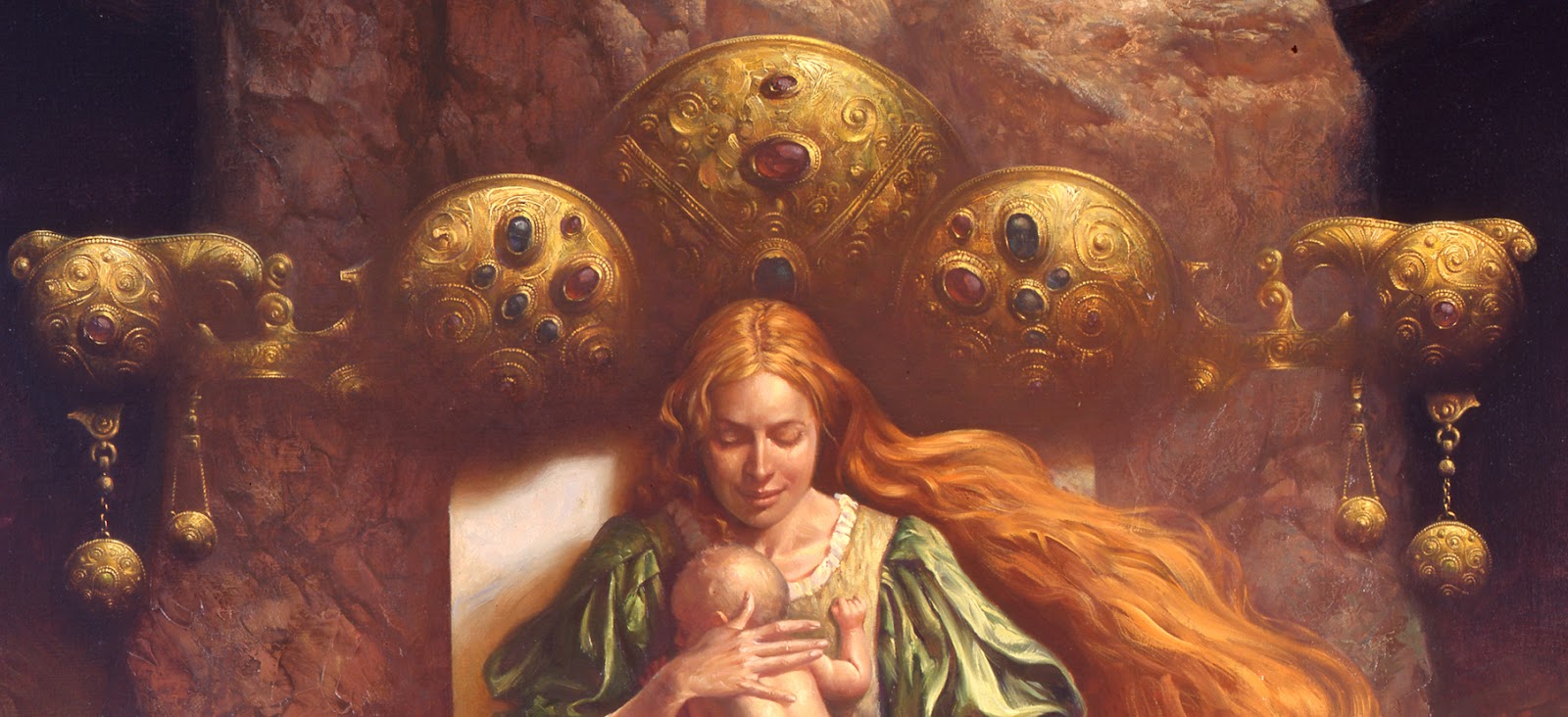
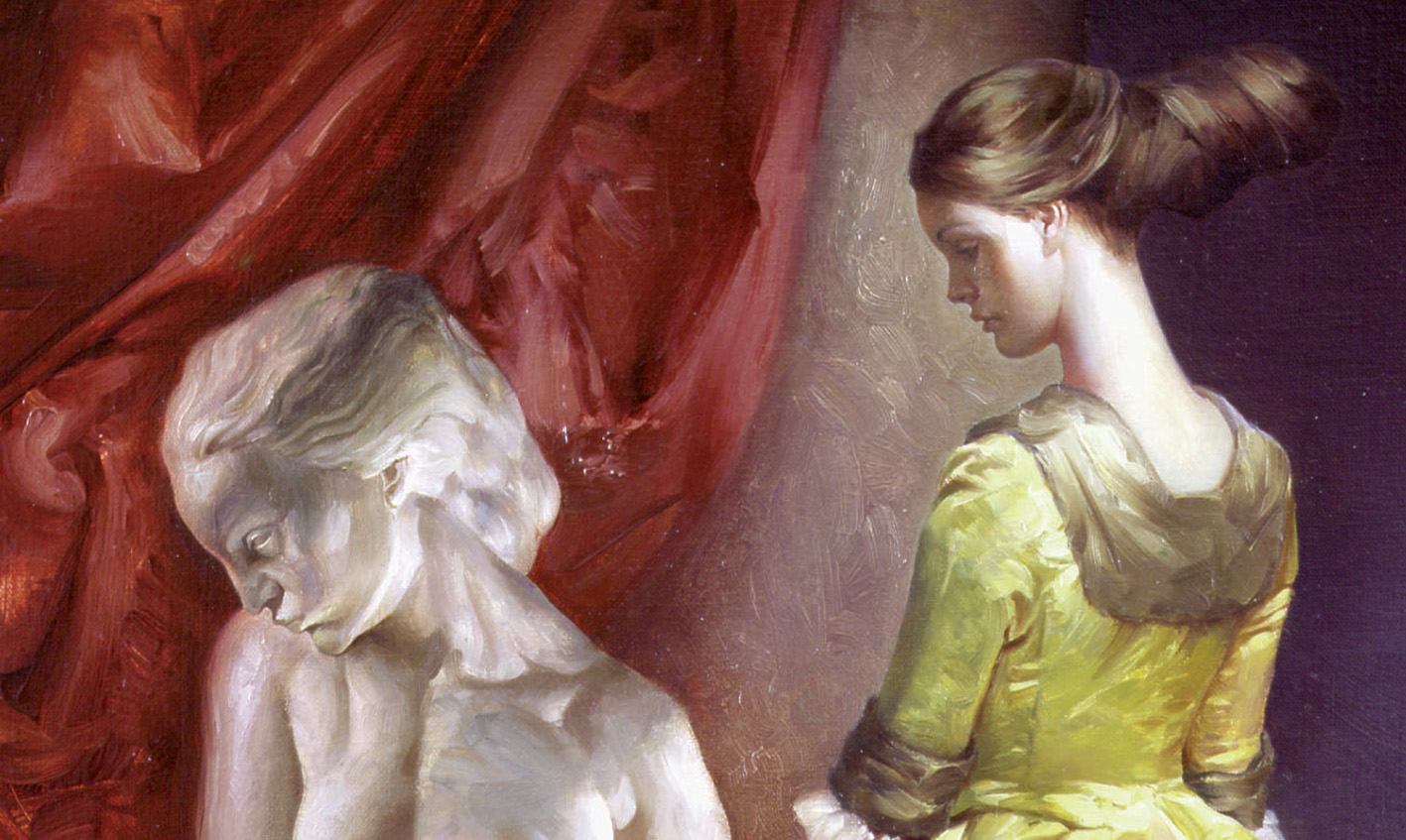
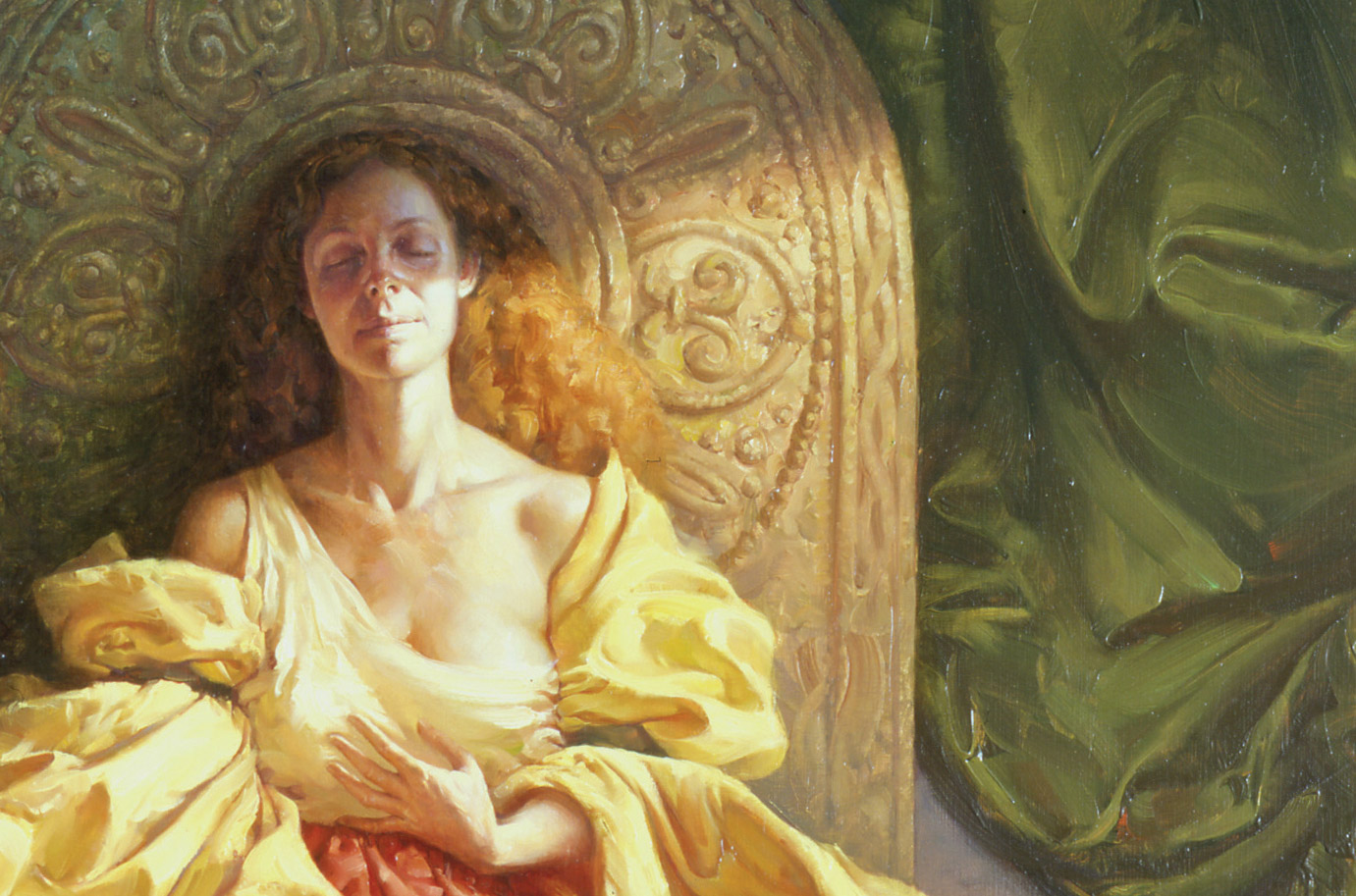


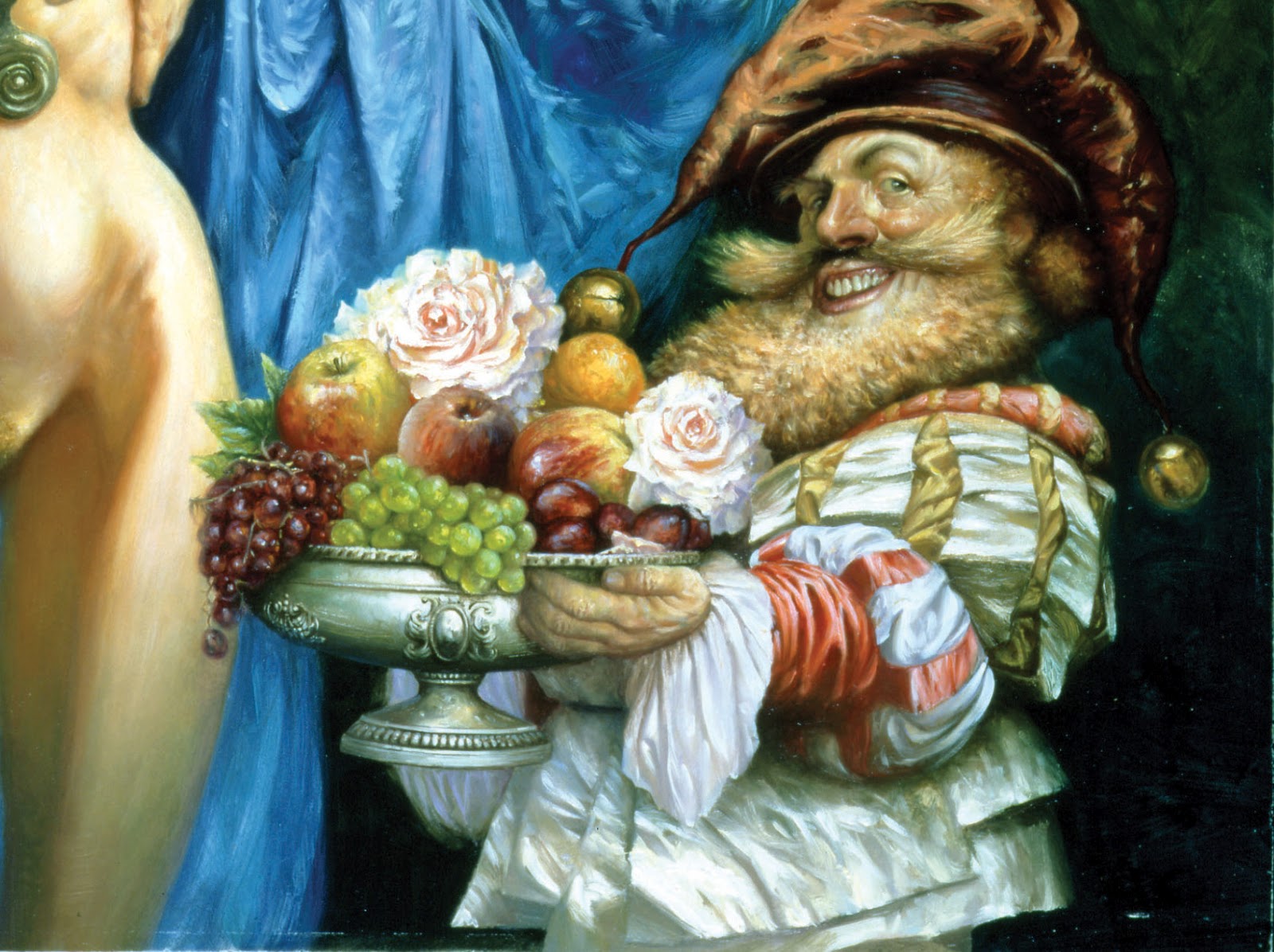

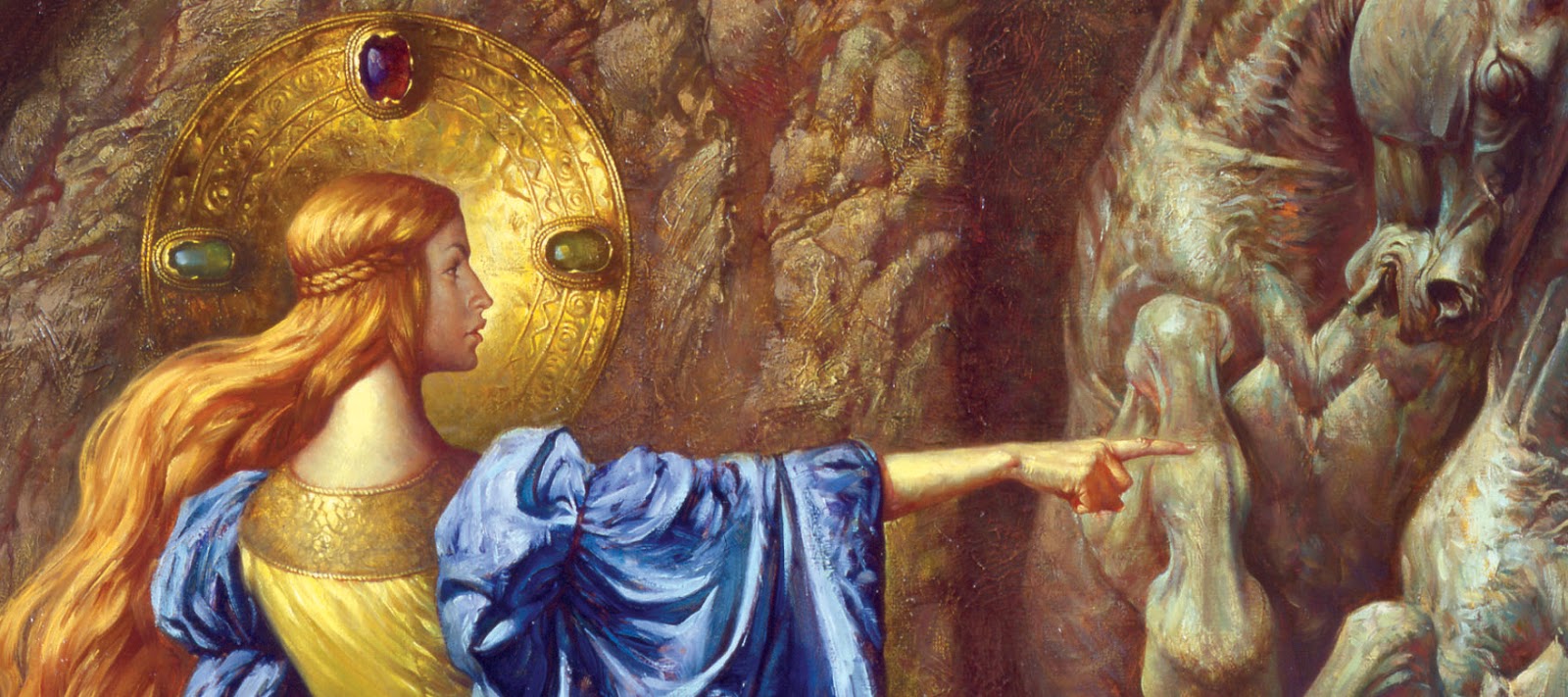
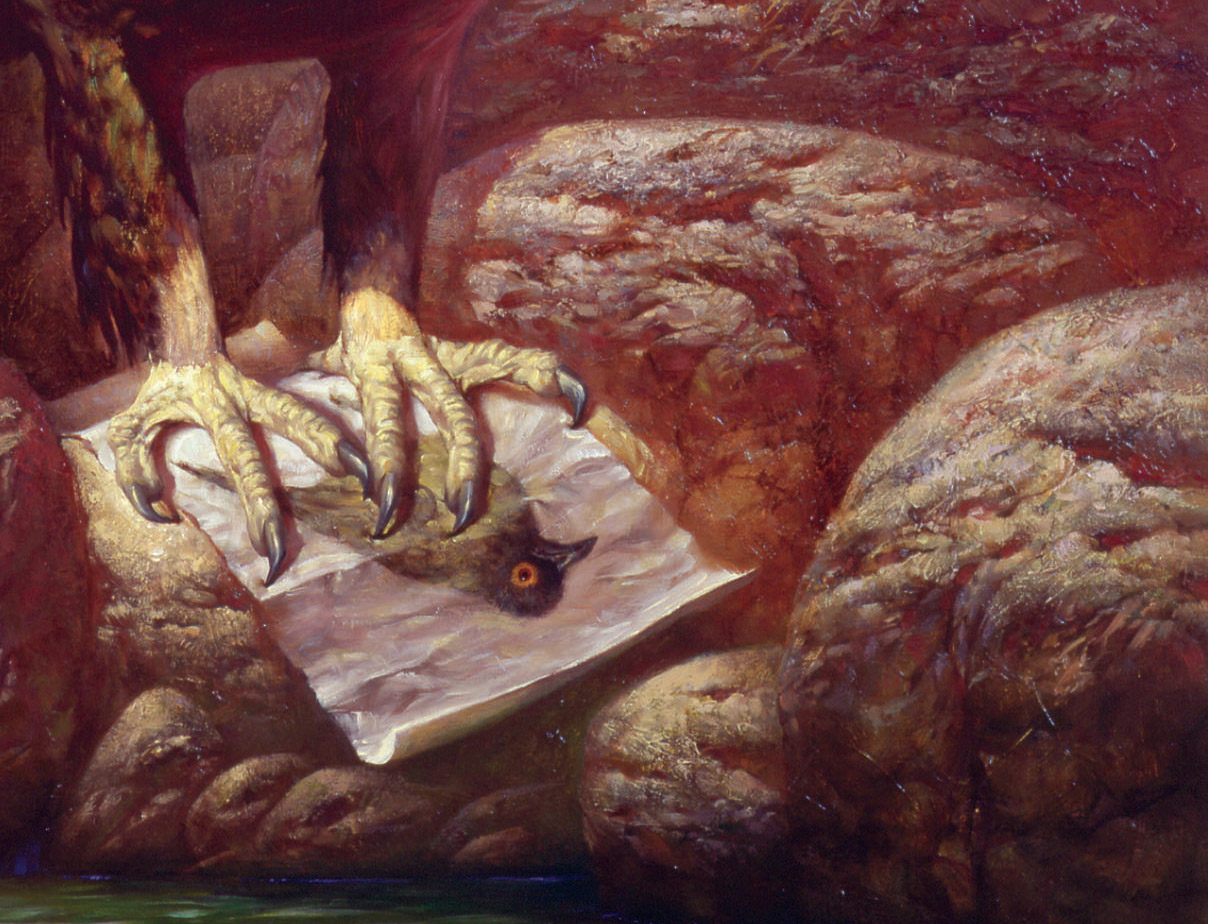
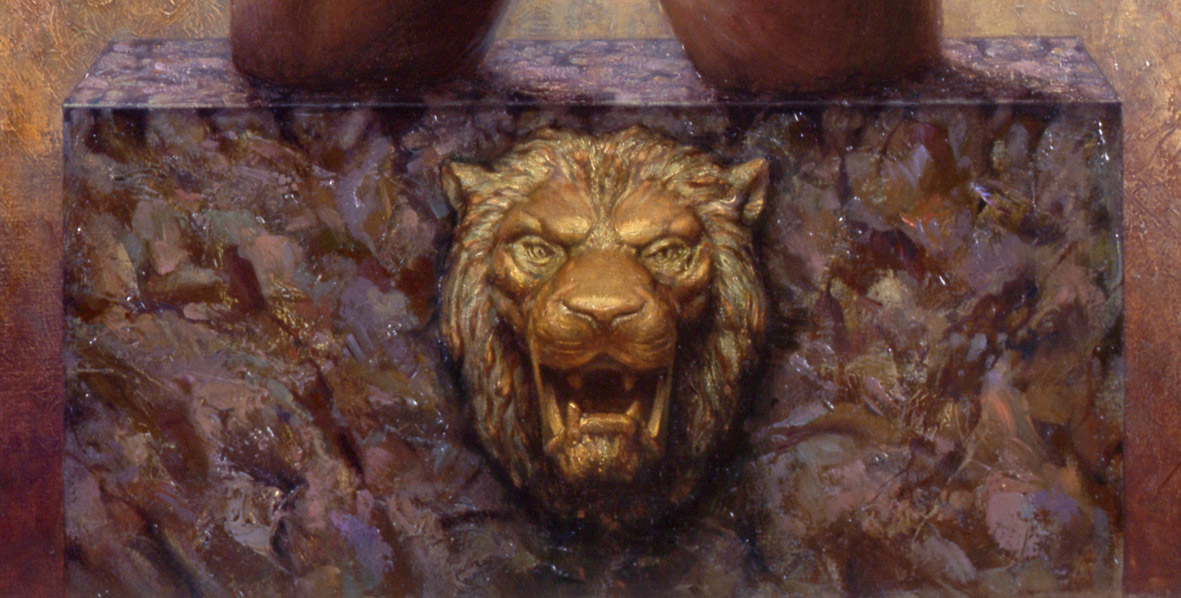

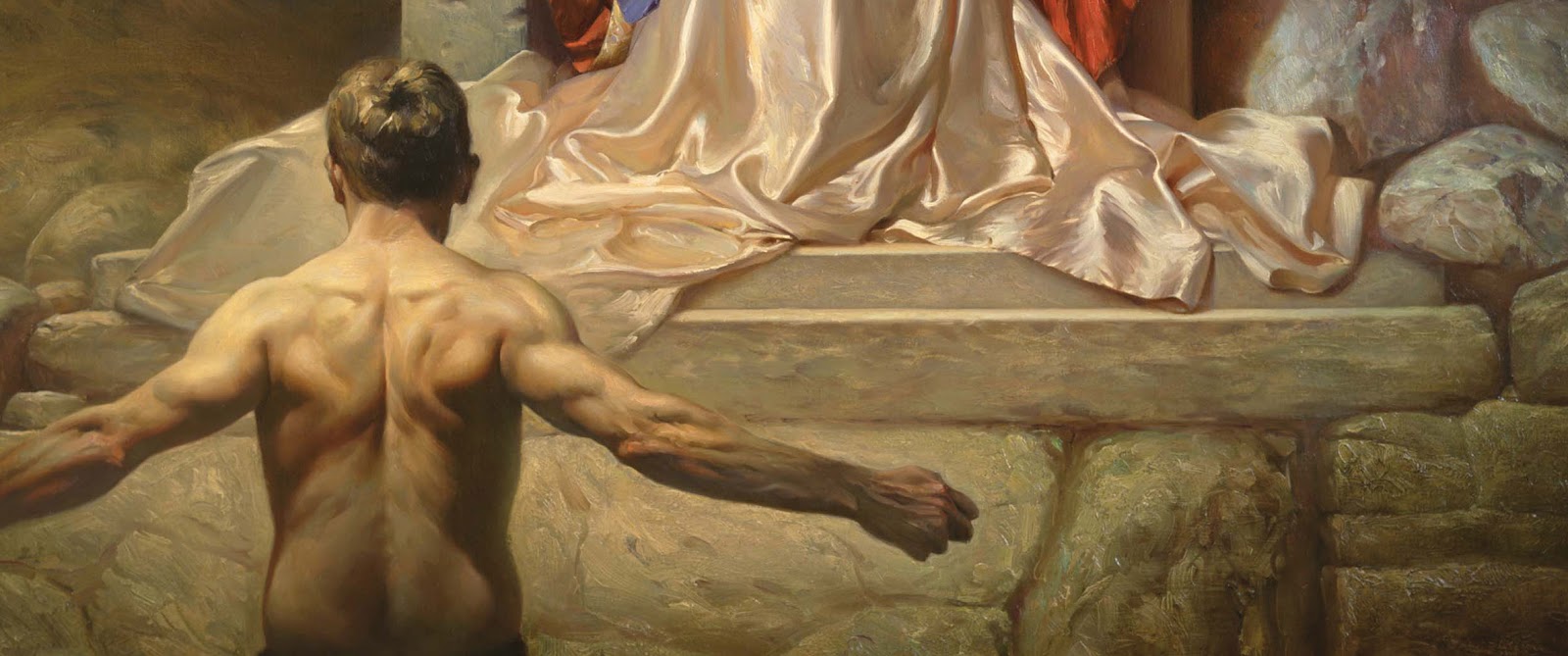
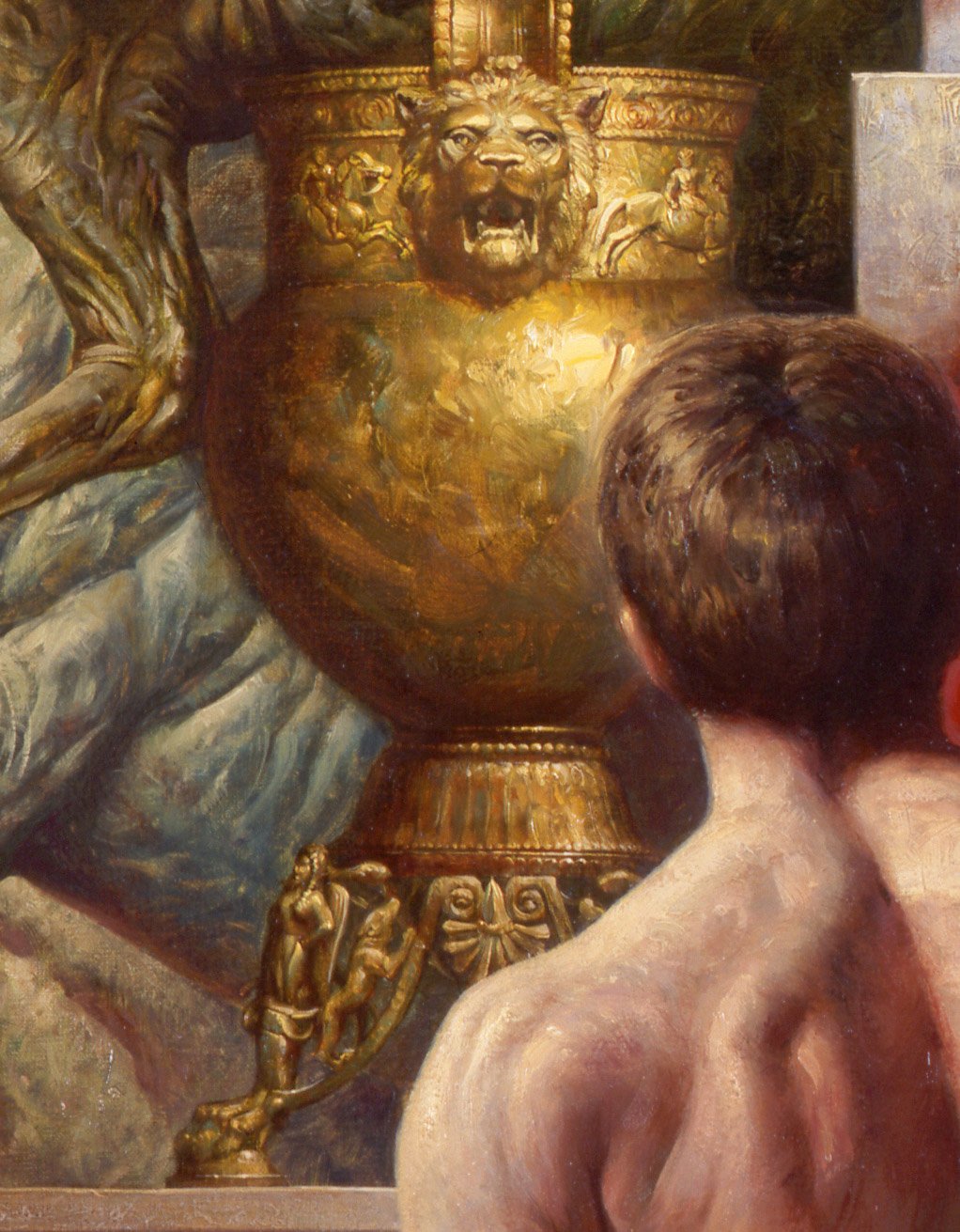

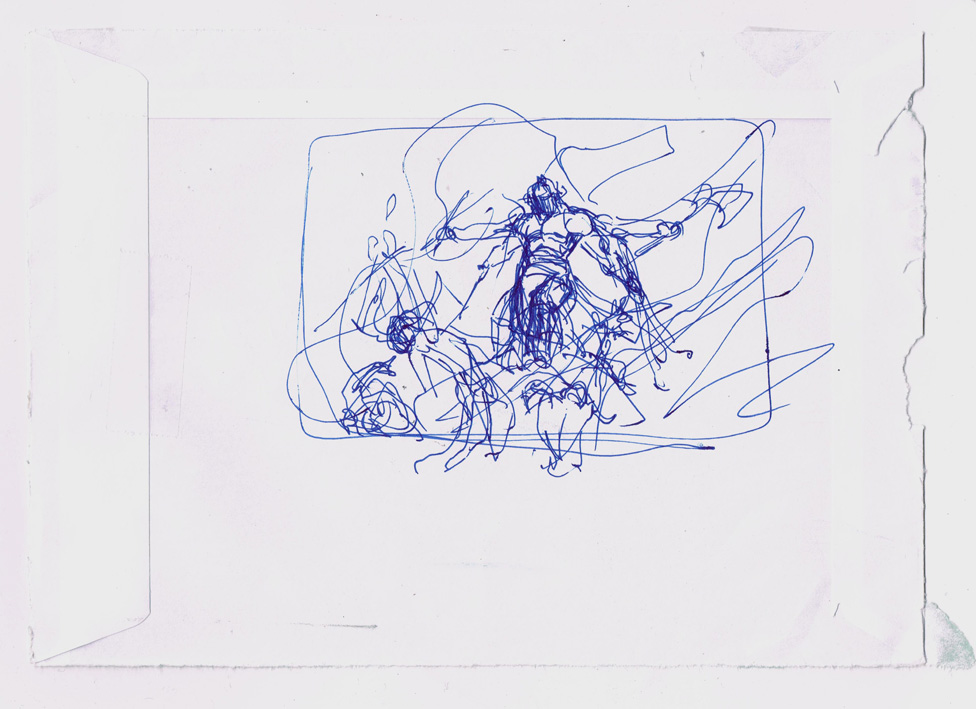

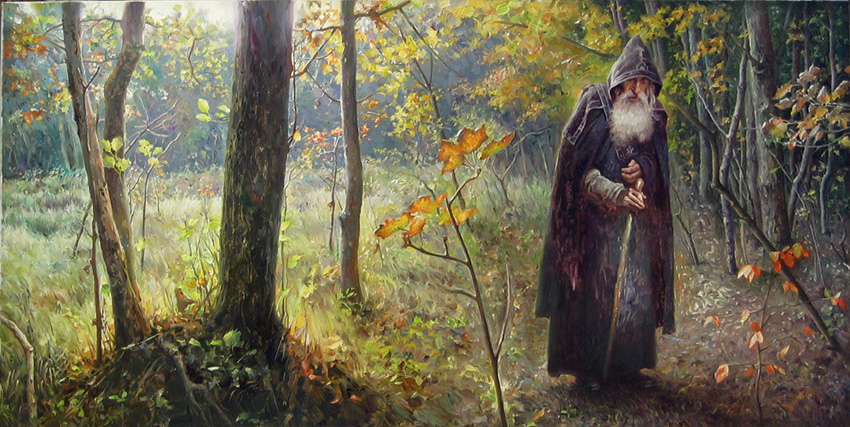


and if what you're trying to make is A Good Grade, i completely agree with the professor. if, however, you're trying to make Art, he's completely full of … coffee.
How many times have I had this exact discussion, including cup of coffee? And tirane you're joking right, never can tell with these comment things.
I am not sure that I disagree with any of the comments as there is a level of truth in all statements. Often times, a student will get caught up in a small detail of an image to the detriment of the whole. And there is nothing wrong with strong details as shown in Petar's paintings here as long as they support the whole composition and don't over shadow it. I feel that if a detail is so important that it really needs to shine, it should either be the focal point so that it gets the attention from the viewer that it deserves, OR the rest of the piece needs to be brought up to the level of the detail so that it again becomes part of the support structure.
I'm reminded of this quote:
“Knowing what to take out and knowing what to leave in is what separates the men from the boys.”
–Frank Frazetta
Not that Frank was always correct in his decisions, but when he WAS, well…we've seen the results.
Composition should be simple. Once you've got that, you can add as much detail as you like. More detail at the focal point is very classical and textbook, but detail all over is more graphical and quite exquisite. As long as your composition is good and clean (and your values are right) the details will work and delight the eye. Petar proves this nicely.
Since I've always had an awful tendency to fixate on detail, I'm inclined to say the professor is right. Details that work in the context of the whole are fine (and grand fun to paint,) but when I'm over-fixated on details I almost always end up with a patchwork painting – lots of parts that look cool on their own, and a painting that looks disjointed overall. So yeah. Sometimes you just gotta kill the darling.
Although if I was the student in this case, I would totally scan that detail to save myself a copy, and THEN repaint it. And post the old detail on Tumblr. 😛
Or keep the first pic and paint a second one… (I do this all the time when I'm waffling over something, or if a picture is simply a lost cause. The second version invariably turns out better.)
Composition. For me this is the hardest part. I started reading. The correct dialogue. I have to grow professionally.
My landscaping teacher once told me there are pretty things, and then there are ugly things -we should only make pretty things. I've been finding this philosophy helpful when finding that fine-line between complexity and simplicity.Helped me with my final project.
…frakin' onions.
Frederic Leighton and Ivan Meštrović are worthy source of inspiration, indeed.
Bill, I am afraid that tirane is deadly serious about…coffee.
Arnie, nice expression, and very true, indeed.
Sam, if only the difference between the beautiful and the ugly was as obvious in art, as it is in landscaping, according to your teacher, life would be much easier :o)
Spot-on, tinoradman!
Thanks for the comments, guys!
Interesting subject!
The “Prof” has a point, to an extent. New students often do get swept up in the details before seeing the subject matter correctly. It's like drawing eyelashes before drawing the eye ball socket.